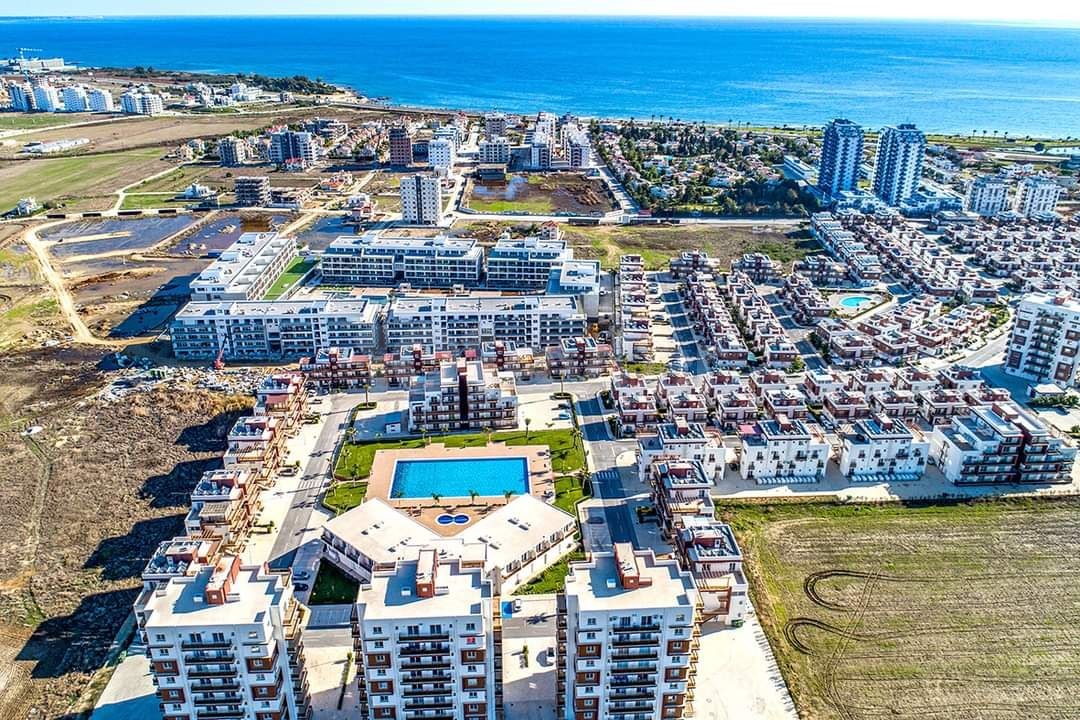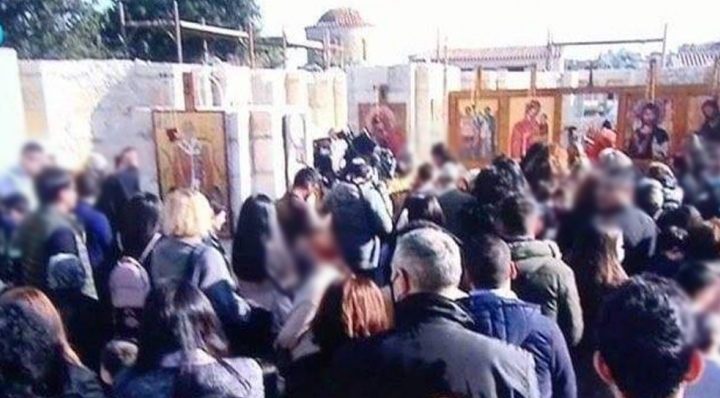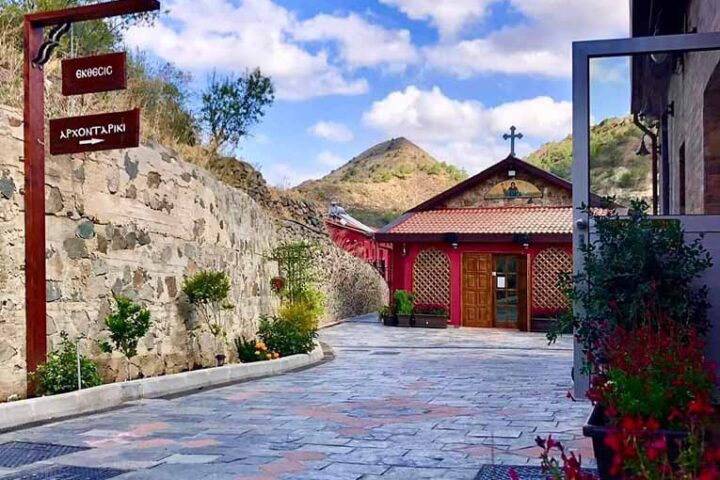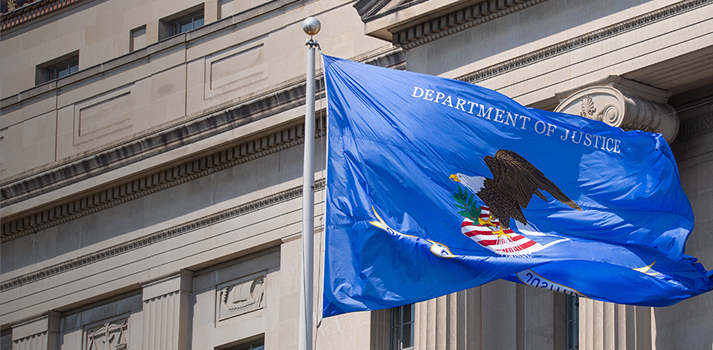Hakan Fidan, Turkey’s vice president overseeing Cyprus affairs, has reignited apprehensions of potential money laundering by questionable foreign investors amid the flourishing real estate boom in the occupied north.
Talking before the Turkish parliament, Hakan admitted that Turkish Secret Services (MIT) are monitoring the real estate market in the north following reports of money laundering through property purchases.
Turkish MPs asked Fidan about allegations that tens of thousands of acres of land in the occupied north were bought by intermediaries linked to Israel.
He said they are looking into those claims, adding that this was an issue he had personally looked into during his previous tenure as head of MIT.
Fidan confirmed that MIT is still investigating money laundering claims through property sales in the north.
“With approximately 200 real estate applications by Israeli citizens since 2000, Israeli citizens rank 12th among all countries.
“In the last five years alone, applications to purchase real estate in the ‘TRNC’ amounted to a total of 15,000,” Fidan told MPs.
He informed the parliament that since 2000, the United Kingdom had been in first place, only to be overtaken by Iran in the past five years.
Fidan also added that MIT has taken up the issue with authorities in the north “as Turkey recognises the ‘TRNC’ as an independent state”.
Meanwhile, Fidan’s comments were reported in the north, with YeniDuzen daily voicing concerns from real estate stakeholders.
In its Wednesday edition, YeniDuzen hosted statements from people related to the sector who stressed the industry in the north should adopt mechanisms to distinguish between real investors and money launderers.
The president of the Turkish Cypriot building contractors association, Caffer Gurcafer, said the “central bank” should take action as soon as possible noting “any error could find Turkish Cypriots on international blacklists”.
He added that “money circulation is more elastic” in the north than in European countries.
“We are becoming a laughingstock for the rest of the world because measures were not taken”.
Investors
Association of Turkish real estate agents board member Huseyin Sadeghi said interest from foreigners for properties in the occupied areas took off following the war in Ukraine.
Sadeghi, however, pointed out that authorities should be careful when targeting investors, as not all are involved in money laundering.
“Caution is advised as the construction industry is currently the power engine of our economy.”
Independent politician and former ” interior minister, “Aysyegul Baybars, said that problems are caused by people arriving in the north who cannot be checked and added there is a lack of monitoring in many areas, not only in real estate.
“It is not only the property sector that needs to be monitored, but also money coming in and out of the country for investments”.
Meanwhile, the Turkish Cypriot assembly is set to discuss legislation on the “prevention of money laundering” in the coming weeks.
Apartments in new high-rise developments in the occupied coastal area of Trikomo, near Famagusta, are selling for over £200,000 (€229,048), according to the daily Diyalog.
This surge in pricing starkly contrasts with the rates from two years ago, where a two-bedroom apartment in the area could be acquired for £50,000 to £70,000.
According to the publication, three-bedroom apartments are currently fetching prices exceeding £350,000 (€400,834).
The notable escalation in property values in the region is linked to individuals from Russia, Ukraine, and, more recently, Israel seeking refuge from conflicts.
Additionally, a continuous influx of Iranians has contributed to the heightened demand.










